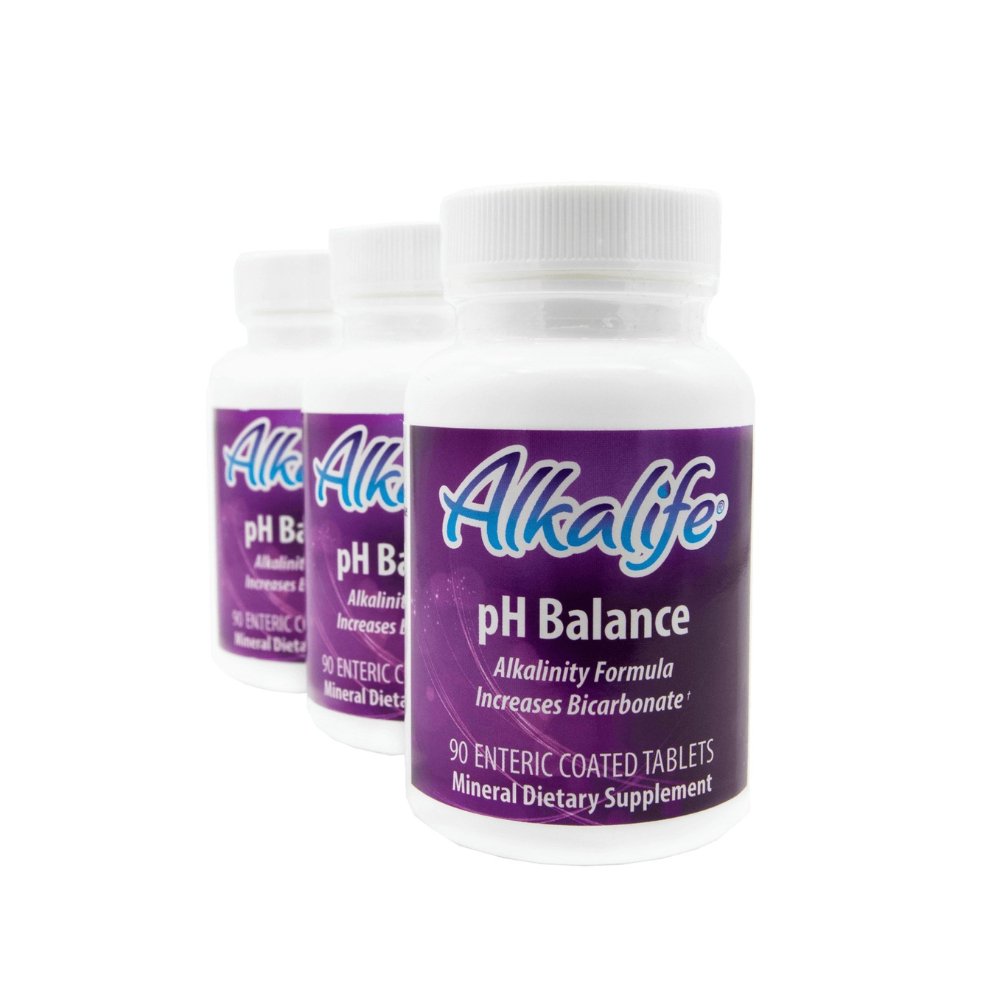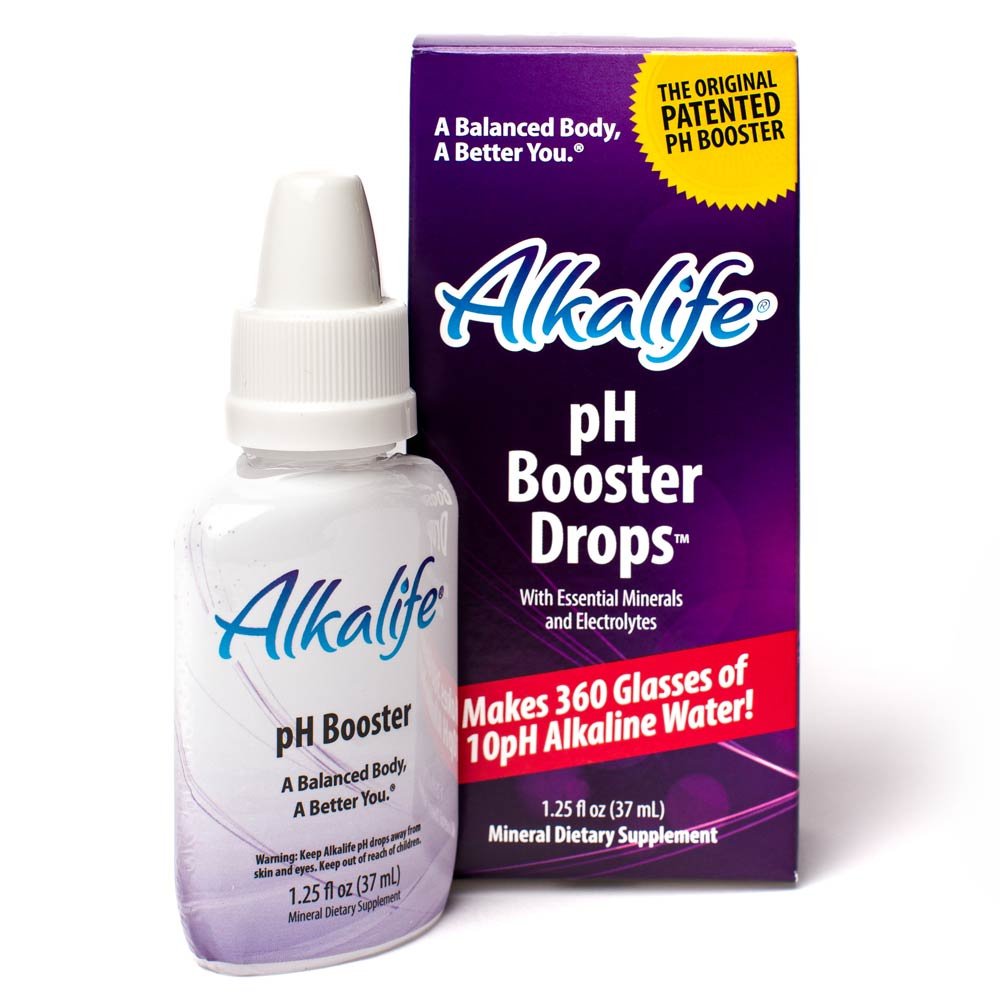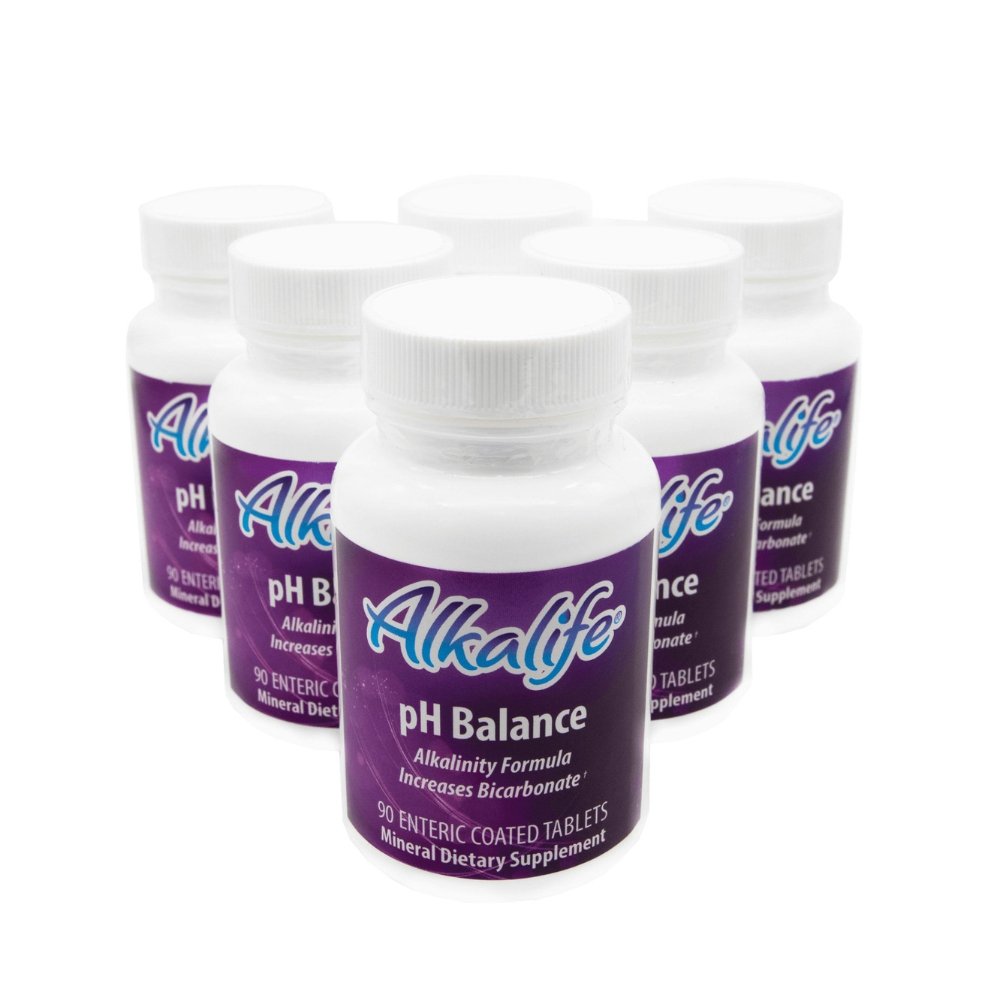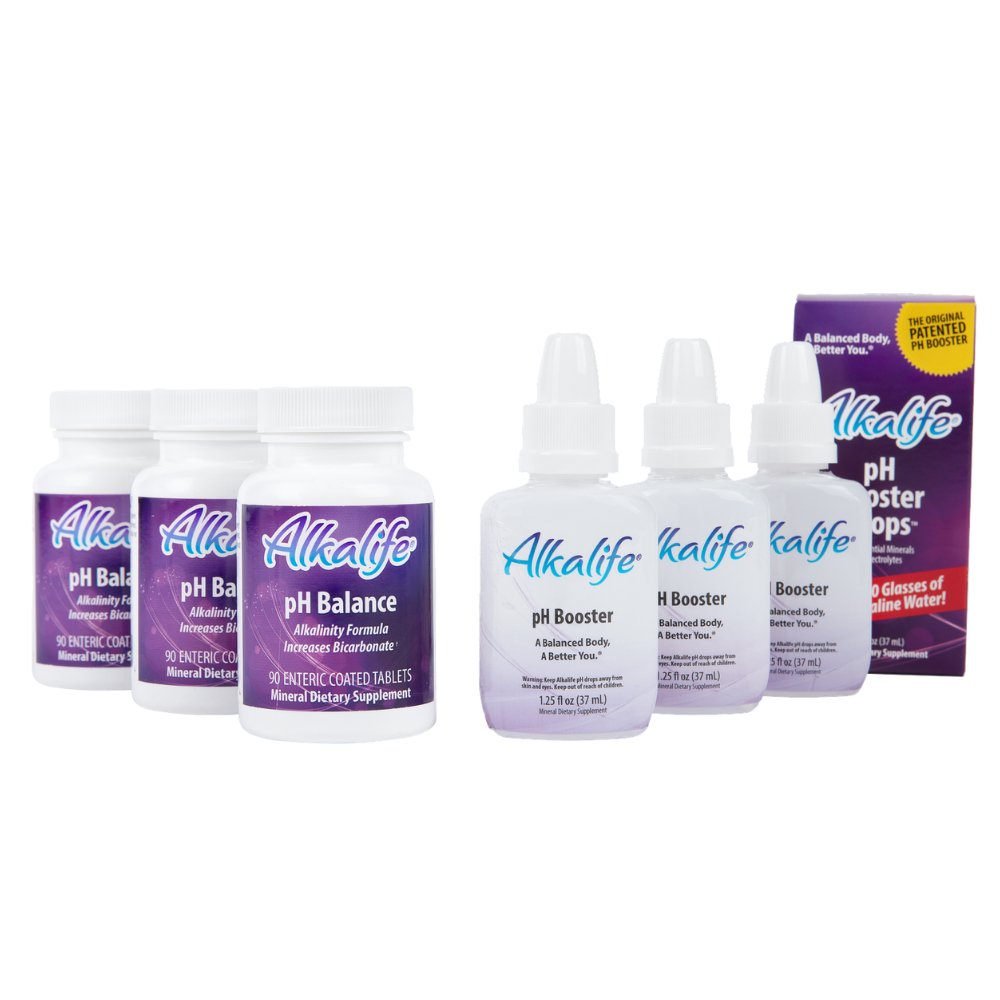Alkalife® has done extensive research to guide its product development. This is how we ensure that only the highest quality, most effective ingredients are included in our products.
Below are links to Research Studies for those who would like to learn more about brain health:
Brain Protection with Acety-L-Carnitine
by Massimo Picari
One of the best-known compounds with strong scientific evidence for preserving cognitive function is acetyl L-carnitine (ALC), a short chain acyl-carnitine, is a naturally occurring acetyl ester of carnitine.
by Alternative Medicine Review
Studies have shown ALC may be of benefit in treating Alzheimer’s dementia, depression in the elderly, HIV infection, peripheral neuropathies, ischemia and reperfusion of the brain, and cognitive impairment associated with various conditions. ALC is considered safe and without incidence of significant side effects, even with long-term (one year) administration.
by THE JOURNAL OF ALTERNATIVE AND COMPLEMENTARY MEDICINE
Controlling for baseline cognitive deficit using the Blessed Orientation–Memory–Concentration test, Bacopa participants had enhanced AVLT delayed word recall memory scores relative to placebo. Stroop results were similarly significant, with the Bacopa group improving and the placebo group unchanged. CESD-10 depression scores, combined state plus trait anxiety scores, and heart rate decreased over time for the Bacopa group but in-creased for the placebo group. The dose was well tolerated with few adverse events, primarily stomach upset. This study provides further evidence that B. monnieri has potential for safely enhancing cognitive performance in the aging.
by Nutritional Neuroscience
This study represents a systematic assessment of L-theanine and caffeine interactions and replicates previous work which suggests a synergy between these two tea components. In particular, L-theanine and caffeine in combination appear to improve, significantly, aspects of memory and attention to a greater extent than caffeine alone.
by Nutritional Neuroscience
The combination of moderate levels of L-theanine and caffeine significantly improved accuracy during task switching and self-reported alertness (both P < 0.01) and reduced self-reported tiredness (P < 0.05). There were no significant effects on other cognitive tasks, such as visual search, choice reaction times, or mental rotation. The present results suggest that 97 mg of L-theanine in combination with 40 mg of caffeine helps to focus attention during a demanding cognitive task.
by New Trends in Clinical Neuropharmacology
The results of this study clearly indicate that both the dimensional changes in rating scale scores and the proportional changes in terms of number of patients showing improvement are well beyond the 20% range which have been reported with an inactive placebo.
by Journal of Human Nutrition and Dietetics
The magnitude of change observed in the present study is clinically important and is associated with a substantially improved functioning and quality of life in school and at home. Children in the test group showed improved classroom behavior and social skills, such as a reduction of walking around in the classroom or talking during class. In addition, children in the test group showed improvements in putting things back in their proper places at home. Children in the placebo group did not show meaningful behavioral changes.
by Acta Pharmacol Sm
The results of this study exhibited that Hup obviously improved the memory function of adolescent students. Hup increased the scores of ‘accumulation’, ‘recognition’, ‘reproduction ’, ‘ association’, ‘tactual memory’, and ‘number of recitation’ factors. Hup enhanced the performance of English and Chinese language lessons. So, we think that Hup is a promising candidate drug for improving the memory function and learning in adolescent students.
by Current Medicinal Chemistry
Clinical trials have demonstrated that HupA produced significant improvements in memory deficiencies in aged and AD patients.
by Elsevier Science
HupA has an appropriate pharmacological and cognitive-enhancing profile for AD and age-related memory impairment. It has been proven to have a powerful and lasting effect on the brain while keeping side effects to a minimum.
by Frontiers in Aging Neuroscience
In addition to the symptomatic, cognitive-enhancing effect via cholinesterase inhibition, HupA has a number of “non-cholinergic” effects on AD, including the ability to protect neurons against Aβ-induced oxidative injury and apoptosis, to ameliorate mitochondrial malfunction, to antagonize NMDA-R, to regulate NGF, promote non-amyloidogenic APP processing, and to reduce iron in the brain. Therefore, this multiplicity of action renders HupA a highly effective drug and potentially it could serve as a disease-modifying drug for AD.
by Alternative Medicine Review
The 16 clinical trials completed with PS for cognition (11 double-blind, 5 less stringently controlled) consistently indicate PS provides metabolic support for memory, learning, concentration, and behavior. As a safe and effective dietary supplement, particularly in conjunction with exercise and lifestyle revision PS has proven potential to improve the quality of life for the elderly. PS might be an important tool aimed at conserving memory, learning, concentration, and other higher mental capacities in the face of advancing age.
by Journal of Clinical Biochemistry and Nutrition
One of the best-known compounds with strong scientific evidence for preserving cognitive function is acetyl L-carnitine (ALC), a short chain acyl-carnitine, is a naturally occurring acetyl ester of carnitine
Some modern experts think rhodiola may indeed be able to enhance health in a wide variety of ways. More specifically, it may strengthen the nervous system, fight depression, enhance immunity, elevate the capacity for exercise, enhance memorization and improve energy levels.





















